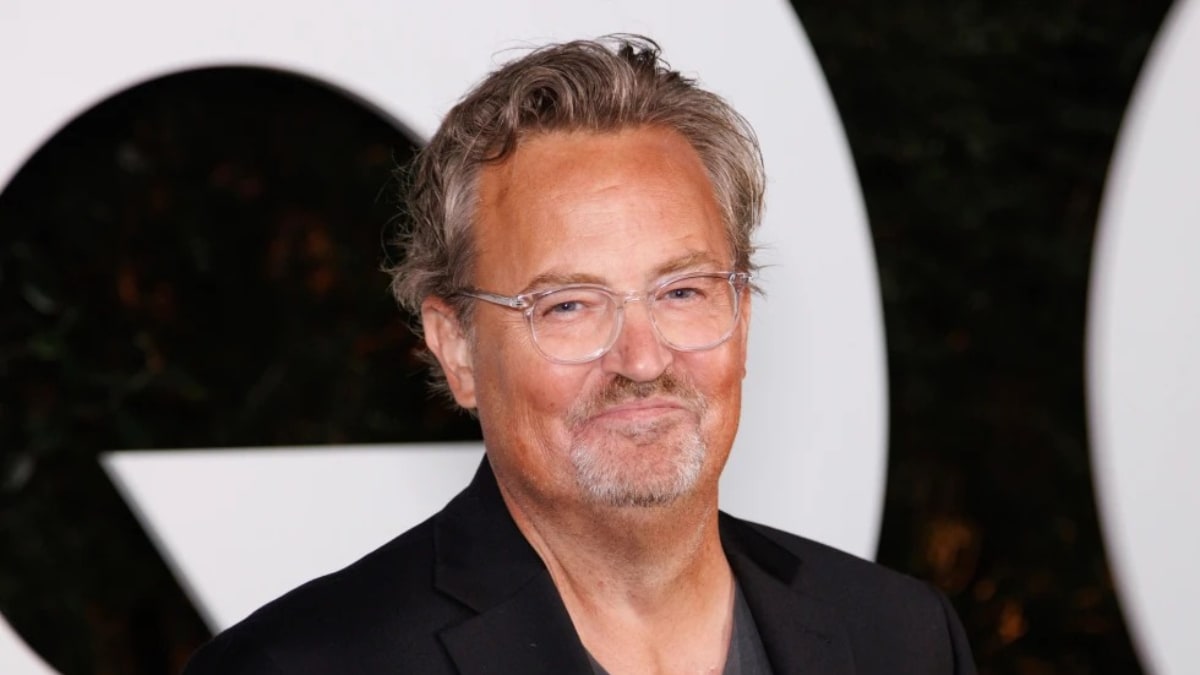

Dr. Salvador Plasencia, a doctor who was a key figure in the investigation into Matthew Perry's death, pleaded guilty on Wednesday to providing the actor with ketamine in the weeks leading up to his death. Perry, the beloved "Friends" star, died on October 28, 2023, from the acute effects of ketamine.
Plasencia, 43, entered his plea in a Los Angeles federal court, admitting guilt to four counts of distributing ketamine. He faces a maximum sentence of 40 years in prison. While a lesser sentence is likely, there is no guarantee. Plasencia has been free on bond since his arrest in August 2024 and will remain so until his sentencing on December 3rd.
According to the plea agreement, Plasencia admitted to injecting Perry with ketamine at the actor's home and in a Santa Monica parking lot in the weeks before his death, actions he acknowledged were not for legitimate medical purposes. He also admitted to enlisting another doctor, Mark Chavez, to supply the drug. Text messages revealed Plasencia asking Chavez how much Perry, whom he referred to as a "moron," would pay.
Plasencia's attorney, Debra White, stated that her client is "profoundly remorseful" for his treatment decisions and accepts responsibility by pleading guilty to drug distribution. Plasencia intends to voluntarily surrender his medical license, acknowledging his failure to protect Perry, who was especially vulnerable due to his addiction.
The investigation into Perry's death revealed a "broad underground criminal network" that supplied the actor with ketamine. Five people have been charged in connection with his death, including Perry's assistant, Kenneth Iwamasa, Plasencia, Chavez, Jasveen Sangha, and Erik Fleming. Iwamasa and Fleming have also pleaded guilty. Sangha, described as a major ketamine dealer known as the "ketamine queen," has pleaded not guilty and is scheduled to go to trial in August.
While Plasencia supplied Perry with ketamine in the weeks before his death, prosecutors stated that he did not provide the fatal dose. They described an incident where Perry's blood pressure spiked after an injection from Plasencia, who still left more ketamine for Iwamasa to administer. The medical examiner determined that Perry's death was accidental, with ketamine as the primary cause and drowning and coronary artery disease as contributing factors. The amount of ketamine in Perry's system was similar to that used for general anesthesia. However, his last known ketamine-assisted psychotherapy session was a week and a half before his death, and the report stated that the ketamine in his system at the time of his death could not have been from that treatment.
Perry had struggled with addiction for years. Plasencia admitted that Perry sought more ketamine than his regular doctor would prescribe. He illegally supplied Perry with 20 vials of ketamine, totaling 100 milligrams, along with ketamine lozenges and syringes.
U.S. Attorney Martin Estrada stated that Perry paid Plasencia and Chavez $55,000 in cash for ketamine in the two months before his death. Prosecutors agreed to drop three additional counts of ketamine distribution and two counts of falsifying records in exchange for Plasencia's guilty plea.